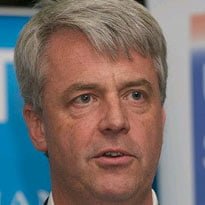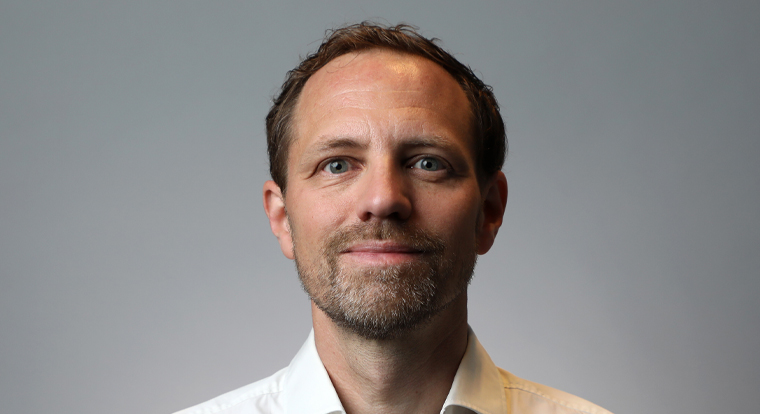Lansley ‘anxious’ about reforms
- 10 March 2011

Health secretary Andrew Lansley has admitted to feeling anxious about the forthcoming reforms to the NHS.
Speaking at the Department of Health’s Health Innovation Expo 2011, to an audience of NHS staff, he was asked whether he had any moments when he was scared.
He said: “I meet people who are excited, and I meet large numbers of people who are anxious. Do anything in life that is important and you start out with some anxieties. You start with problems and think them through.”
But he reiterated his intention to push ahead, saying that the best way he could avoid making mistakes was to make sure “people who really know about providing better care for patients have more responsibility” for making decisions.
He said: “I want the genius of the masses to be the genius that drives the NHS in future.”
He outlined how the reforms are intended to unleash innovation in the NHS by uncoupling the tariff from activity and linking it instead to outcomes. He launched a competition to identify new quality indicators to measure improvements in quality of care for the NHS Outcomes Framework.
The DH is looking to develop quality indicators for stroke, dementia, and children and young people to measure progress and improvements over time.
In a separate speech, NHS chief executive Sir David Nicholson underlined how this shift would impact on provider organisations.
While much of the media commentary had focused on the change in commissioning and setting up GP commissioning consortia, the changes ahead for provider units were just as profound, he warned.
He said: “If you are a provider and your business model is based on delivering to targets you will fail. We will not be paying for activity but for outcomes.
“Every provider organisation need to think very carefully about its business model to get ready for a model where resources follow out comes.”
Comments by both Lansley Sir David pointed towards changes that will require an IT underpinning.
Asked about patients accessing their information, Lansley said: “We will be responding to the consultation exercise on the information revolution shortly, but one of the central tasks is to enable patients to have access and control of their health records.”
He was not concerned about security, saying: “I think we can deal with security.” The greater challenge would be the cultural shift for patients and for NHS staff who had to understand that the public may want to decide with whom they share their records and to use them to manage their own healthcare.
Sir David, meanwhile, alluded to the need for staff to be able to work in different settings and become more mobile, which will require new IT solutions. He said: “Clinicians need to be able to work in different circumstances and environments.”





